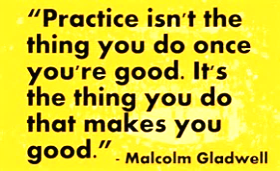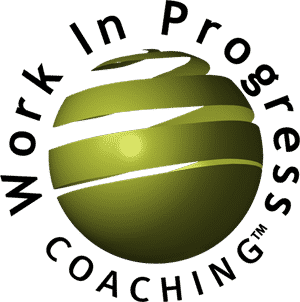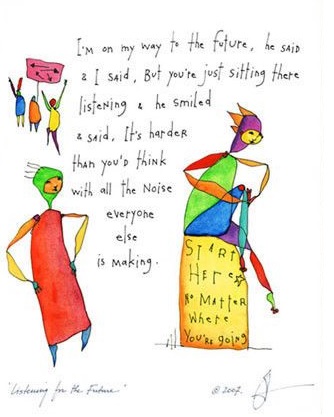Before last month, if you would have asked me if I was a good listener, I would have quickly and assuredly said “Yes.” Now, my response is, “I’m learning to be a better one.” Why the change? I’ve been engaged in dialogues, the art of listening. Dialogue is the discipline of collective learning and inquiry. The purpose of dialogue is for people to participate with others and realize what is on each other’s mind without coming to a conclusion or passing judgment.
Practice makes practice

Romi Boucher, an extraordinary consultant, my mentor and colleague of 30 years, shared this about listening: “By default, I always prepare myself to speak. Preparing myself to listen leads to better results and takes more interruption!”
When I first read “interruption,” I knew it was a typo. It turns out that my assumption that it was a typo (it wasn’t) was a perfect demonstration of what Romi was saying. Since the word “interruption” didn’t make sense to me, I automatically concluded it was an error. I did not suspend my automatic judgment that, as an English teacher of 10 years, I know how words should be used (Hurrumph!). When I asked if she meant “interruption,” she respectfully confirmed her choice. At that moment, I got curious and, when I listened newly to what she said, I understood. (Yes, I was embarrassed that I didn’t get it at first.)
“I listen with an intensity most people reserve for speaking.” Lily Tomlin
What’s there to interrupt?
To understand someone, we need to interrupt our automatic habits of not listening. Habits of …
- Composing what we will say when they stop talking
- Assuming we know their point before they make it
- Judging their view to be brilliant if it agrees with ours, and stupid if it doesn’t
What is there to do instead of pre-composing, assuming and judging? How about being curious. How about being will to see their view as valid, and one that you would have if you had their life experiences. How about listening to understand who they are, what they see. BTW, understanding does not equal agreement. Understanding means seeing their view as a valid interpretation.
Listen for the rattle & suspend
|
I shake a new tennis ball to detect any unwanted beads of rubber inside that will rattle and distract me during play. If I hear any, I discard the ball and get another one. To listen well to others, we need to metaphorically rattle our heads and set aside any distracting noises – the judgments, the assumptions, the conclusions. The unwanted noises that keeps us distanced from each other will slide back in – that’s where the practice of suspending becomes vital. Interrupting the unwanted rattles and noise in ourselves is the first step in truly connecting with another. (Not all rattles are unwanted. Tennis SERVES, a non-profit that teaches visually impaired people the game of tennis, uses tennis balls with a bit in rattle. Inspire yourself: Watch them play. |
Subscribe
Get Camille's latest posts!

